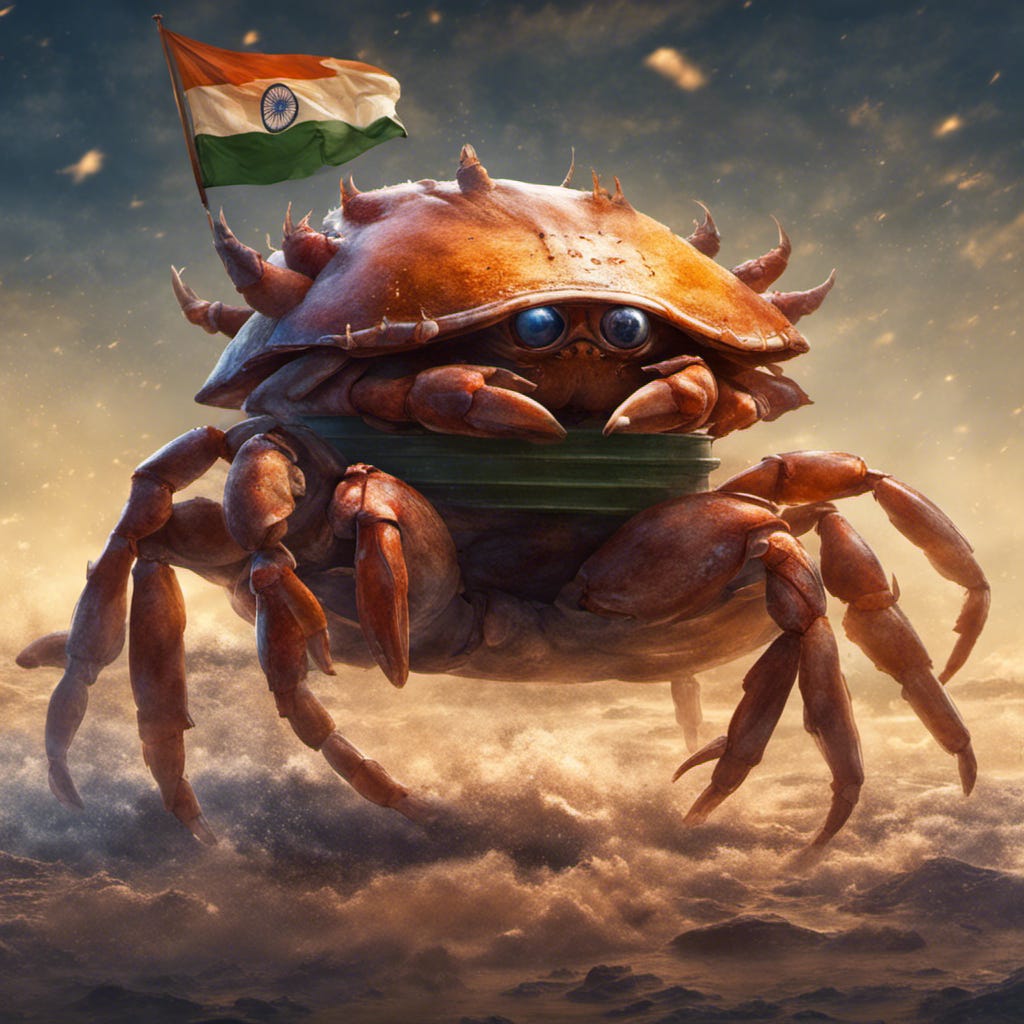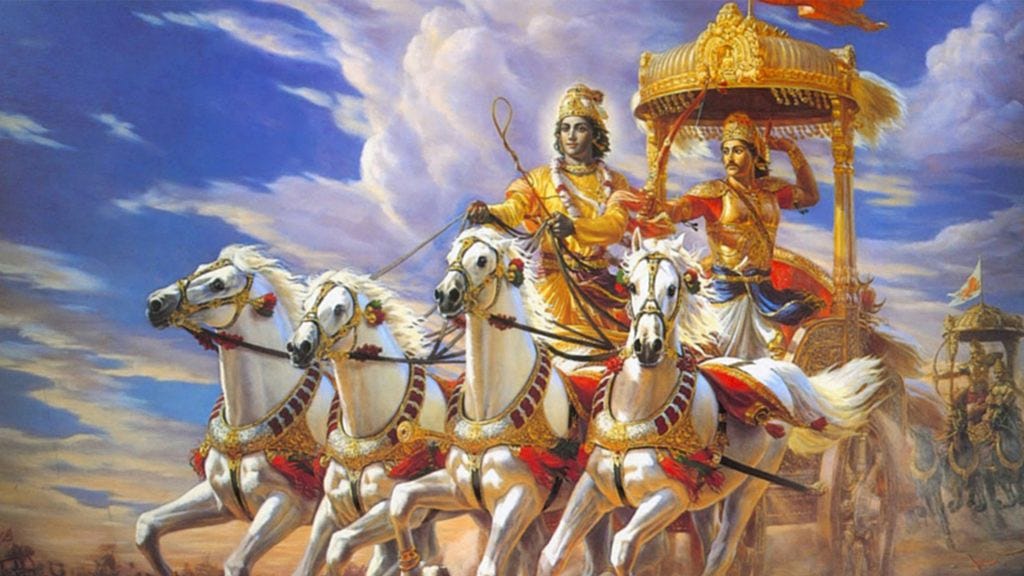The Indian Crab Mentality: Loosen the Clutch, Be the Soaring Eagle.
Examining Indians' tendency to hold back their achievers, this piece champions the liberation from limiting beliefs, urging a rise to collective success and higher aspirations.
The Indian Crab Mentality: Rising Above The Tide
A Tale of Three Crabs:
At a coastal dock, live crabs from three distinct countries—China, Japan, and India—were packed and ready for export. It was intriguing to note that the container housing the Indian crabs lacked a lid. When questioned, the exporter remarked, "It’s a cost-cutting measure." The obvious concern was, wouldn't the crabs escape? The exporter, with a smirk, replied, "These are typical Indian crabs. When one tries to claw its way to the top, the others pull it down."
Reflections on Competitiveness:
Though this might sound like a simple joke, it strikingly resonates with a behavioral pattern many have witnessed in our society. Often, it seems, we find solace when someone doesn't triumph—even if we neither gain from their downfall nor have any direct competition or vested interest. The adage "You cannot make the weak strong by making the strong weak" springs to mind. But have we ever pondered upon why our policies and attitudes sometimes mirror this very sentiment?
The Irony of Self-Competition:
The spirit of competition is engraved in our DNA, but strangely, not with ourselves. Instead of aspiring for continuous self-improvement and striving to be better than we were yesterday, our attention often diverts to the paths and destinies of others. It's curious how we become self-proclaimed oracles, predicting the failure of others, and when they stumble, we say, "I told you so." Yet, when they rise, we're quick to attribute their success to connections and influence, dismissing their dedication and hard work.
A Lesson from The Gita:
Is it not ironic that in the land of the holy Bhagavad Gita, which teaches us the essence of focusing on our karma and assures us that we'll be rewarded for our actions, we've strayed far from this philosophy? The Gita emphasizes the importance of performing our duties and finding the true purpose of our life—our Ikigai. By shifting our focus from others to our own journey, we'll find our unique path illuminated.
Rising Beyond Doubts:
In the words of Shakespeare, "Our doubts are traitors, and make us lose the good we oft might win, by fearing to attempt." Let's rise above the doubts, the negative energies, and the desire to pull others down. Celebrate the success of your neighbour, your friend, your colleague. Understand that their triumph doesn't diminish your worth. It's time we realize that by finding joy in the achievements of others, we pave the way for our own successes1.
A Timeless Wisdom:
Often, youngsters ask me when is the best time to embark upon a mission, a task, a project. My stock reply: "Now is WoW!"2
Pleasure and Happiness: Beyond Pursuit, Embrace Every Moment.
Pleasure and Happiness: Subject of Philosophical Contemplation In the intricate tapestry of India's philosophical heritage, the intertwining of pleasure and happiness has been a subject of deep reflection for multiple millennia. At the hear…
"Lost and Found: A Journey to 10 Valuable Epiphanies"
((Originally published on Facebook on May 6, 2016, this piece is based on a true incident of 5th and 6th May)) Began as a normal evening walk:At the convergence of day and night, the symphony of nature can sometimes bring forth moments that transcend the ordinary. Such was an incident, occurring over seven years ago, that unfolded one evening by the plac…










Mr. Sidhu: one can never write fiction or non fiction without not being a participant. Your words reveal your wisdom, thoughts and convictions. Each time you write about events and your read on issues is like receiving a gift of you from yourself.
Your current write up is of utmost importance from behavioral science aspect. As you discuss our ( Indian) tendencies or our reactions in a particular way almost define us as culturally. A subject that needs much attention.
I personally have benefited all my life from a generally and abundantly practiced American trait - the support for underdog. I can quote hundreds of instances where all other requirements being equal among me and my competitors- I got the job . Each time , person on the other side of desk thought “ this funny looking guy has worked just as hard as the one who was born and brought up here with all the advantages , let us give this guy ( underdog) a chance.
It is difficult to narrow down how these traits are inculcated .Our bringing up , education , mentors or history . May be sum of all or more.
My $0.2
Best regards
It is very true. This is reason that two martial race, sikhs and Pathans have no place of their own. Lack discipline and real leadership causes failure of any organisation and community